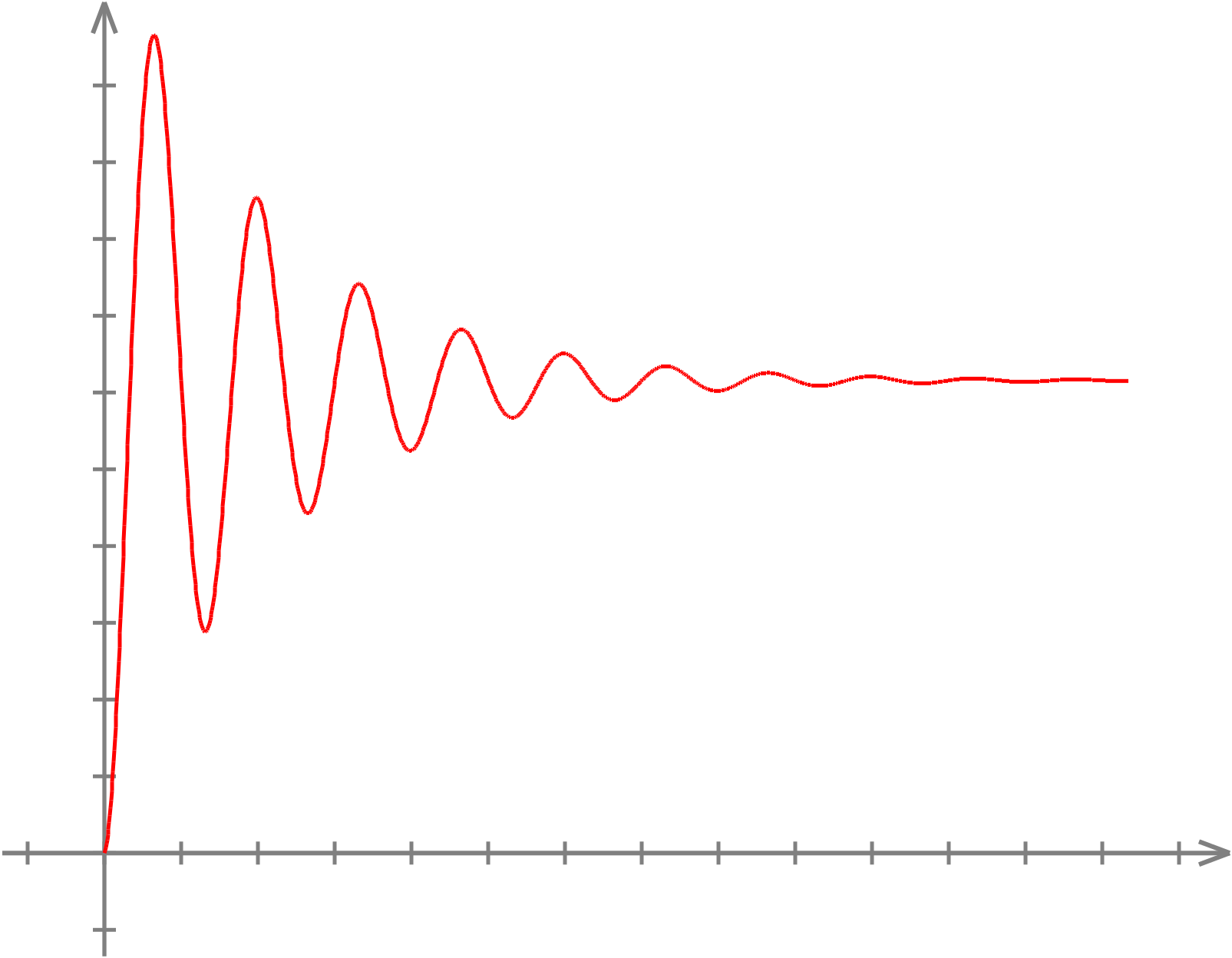Billy bangalot
Member
Hey all,
I was wondering if someone could identify and discuss the relative safety/fire hazards of a DIY COB lights?.
I have always assumed that the fire hazard would be less than a HPS or other HID light. Is this correct? What is my biggest danger safety wise building my own light? For example, what happens if a solder fails and the connection with the COB is broken? What if a fan fails(assuming active cooling)? What mitigation/prevention measures can be taken to avoid problems?
Thanks
Billy
I was wondering if someone could identify and discuss the relative safety/fire hazards of a DIY COB lights?.
I have always assumed that the fire hazard would be less than a HPS or other HID light. Is this correct? What is my biggest danger safety wise building my own light? For example, what happens if a solder fails and the connection with the COB is broken? What if a fan fails(assuming active cooling)? What mitigation/prevention measures can be taken to avoid problems?
Thanks
Billy


 , rolls up a joint, smokes
, rolls up a joint, smokes and throws it in your grow room.
and throws it in your grow room.

